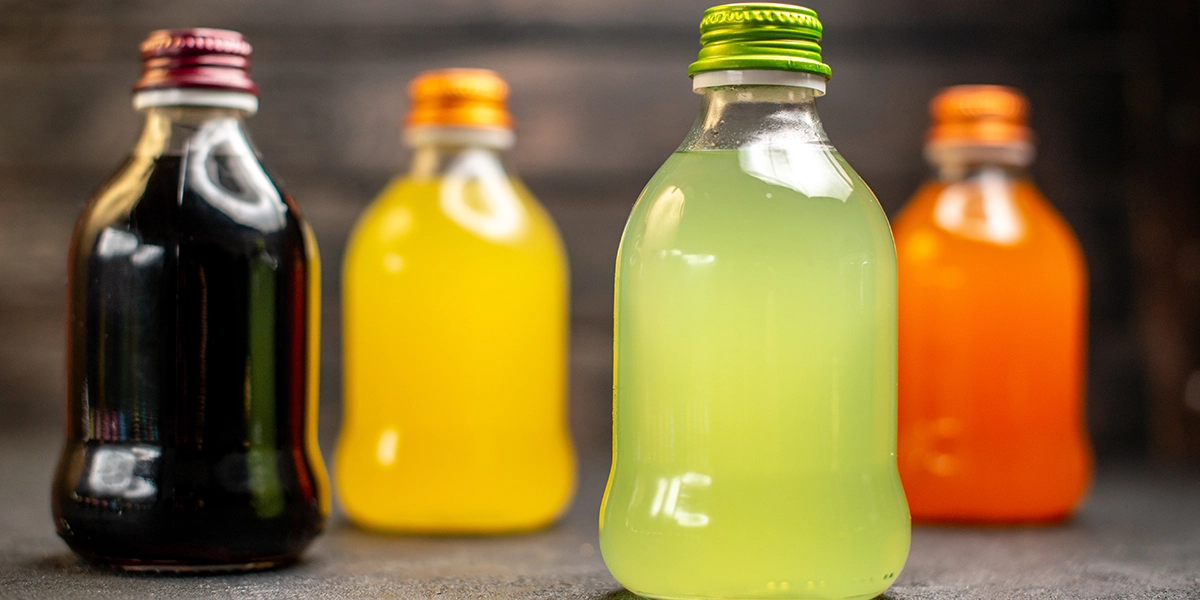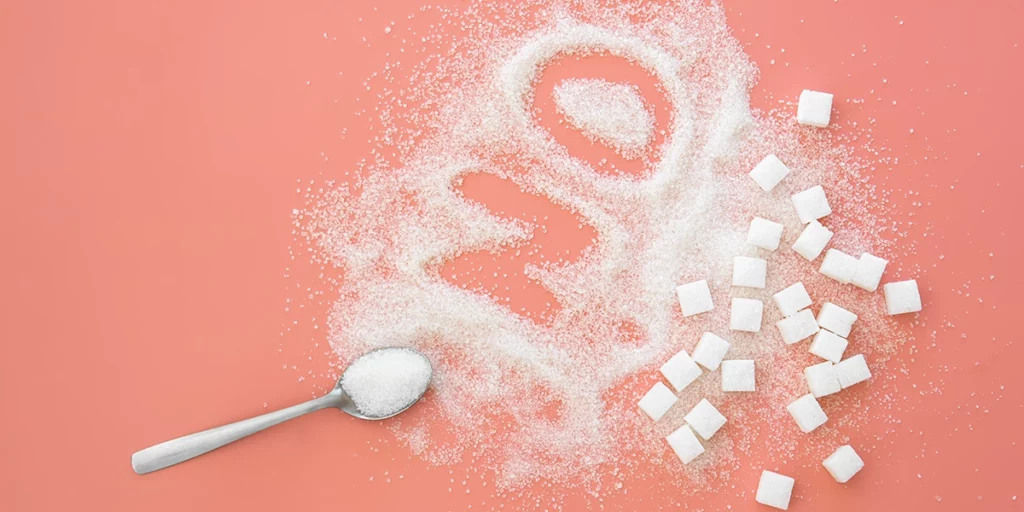It’s important to pay attention to your child’s diet and what goes into their bodies. It’s widely known that sugar is unhealthy for adults and kids. A recently published study shows that even artificial sweeteners can be unhealthy. One of these artificial sweeteners to watch out for is erythritol. This is a sugar alcohol used as a sweetener in many processed foods and drinks. Sugar alcohol is a type of carbohydrate with a similar chemical structure to sugar. Sugar alcohols are used by food manufacturers to sweeten their products while reducing calories. Here’s why parents should pay attention to whether erythritol is in their child’s diet.
Download and Start Your Free Trial of the Safes Parental Control App
What is Erythritol?
Erythritol is a natural sweetener that can be found in fruits like watermelon and pears. Since 1990 it has been processed and used as a sweetener in many low-sugar or low-calorie snacks and drinks. Erythritol is one of the 11 artificial sweeteners that are FDA-approved. FDA has categorized this sweetener as nutritive, since 90% of it gets absorbed.
Drawbacks of Artificial Sweetener
Although this artificial sweetener has no calories, erythritol can still cause health problems when excessively consumed. One study showed that an excess of erythritol can cause nausea. Another one of the biggest concerns is that it can cause digestive issues, such as abdominal pain, bloating, and cramps. Another reason to be cautious is that erythritol may also be associated with weight gain. Studies have found that it can increase appetite and cravings, which can lead to overeating and weight gain. A recent study has linked the artificial sweetener erythritol to higher rates of heart attack and stroke. Although the study is limited in scope and further research is needed, parents should be aware that if erythritol is in their child’s diet, it may put them at greater risk for heart attack and stroke.

Benefits of Artificial Sweetener
Not all artificial sweeteners have the same health concerns or benefits. Even though erythritol has shown certain drawbacks, that does not mean that there are no benefits to it. According to dietitian Anna Taylor, erythritol combined with stevia is the second-best option to sweeten food or drinks, better than refined sugar. With only 6% of sugar’s calories, it contains 70% of its sweetness which makes it a great sweetener for kids with diabetes.
Suggestions of Professionals
A study in Finland showed that erythritol is well tolerated with doses ranging from 0.7 to 1 gram per kilogram (2.2 pounds) of body weight. The American Heart Association recommends limiting the intake of added sugars to 150 calories or less per day for adults. Under two-year-olds’ diets should be free of added sugars. These recommendations are based on a substantial body of evidence demonstrating that diets high in added sugars are associated with cardiovascular disease (CVD) risk factors such as obesity, dyslipidemia, elevated blood pressure, and chronic inflammation. Parents should be sure to check the labels of food and beverage products for erythritol, and if their child is consuming more than allowed, they should adjust their kids’ diet accordingly.
It’s important for parents to take steps to help protect their children’s health. By being aware of the potential risks associated with erythritol or other artificial sweeteners, they can take the necessary steps to ensure their child’s safety. If you are a parent and are worried about the amount of erythritol your child is taking, don’t hesitate to talk to a professional about your concerns.




